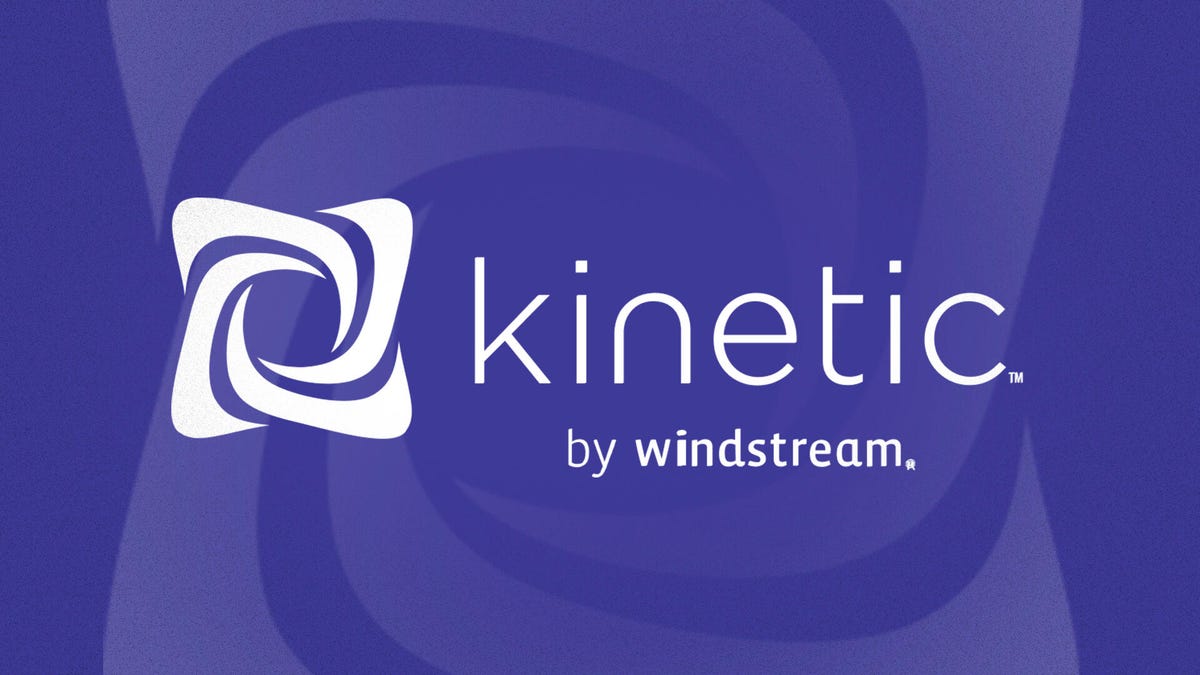This is Lowpass by Janko Roettgers, a newsletter on the ever-evolving intersection of tech and entertainment, syndicated just for The Verge subscribers once a week.
What if you could make hundreds of millions of dollars with cheaply produced content, all while sidestepping powerful distribution platforms like Netflix and YouTube? This promise is at the core of Hollywood’s latest obsession: microdramas, a new form of storytelling that originated in China, gained momentum in India, and is now taking the US by storm.
There have been countless stories in Hollywood trade magazines and business publications alike in recent months about apps like ReelShort, DramaBox, and ShortMax. These apps are supposedly poised to generate $1.3 billion in revenue in the US alone this year, with global revenues estimated to be around $8 billion.
This has led a number of Hollywood companies to jump on the bandwagon: Cineverse and Banyan Ventures have teamed up on a new service dubbed MicroCo, E! Entertainment Television founder Alan Mruvka is getting ready to launch the microdrama app Verza TV, and Fox has invested in Holywater, the startup behind the microdrama app My Drama.
There have also been a bunch of stories about the production of these mobile-first stories, with shoots being low-budget, non-unionized, and perhaps, at times, exploitative.
But very little attention has been paid to the audience of these shows. All those stories about massive growth and huge revenue estimates ignore what it’s like for consumers to actually use a microdrama app. So I decided to download ReelShort, the most popular microdrama app in the US, and take one for the team.
More Candy Crush than Quibi
First things first: Microdramas are not the same thing as Quibi. Jeffrey Katzenberg’s failed attempt at creating a Netflix for short-form content relied on expensive Hollywood talent and massive production budgets, all while completely ignoring the world of short-form social video.
Microdramas are essentially the opposite of that. They’re cheaply produced, highly shareable shows consisting of dozens of 1- to 2-minute episodes based on successful romance tropes. Every other show seems to have a handsome billionaire who is willing to risk his reputation to free a damsel in distress trapped in a relationship with an abusive partner. Oh, and the billionaire is probably also into BDSM, just because. There’re also plenty of billionaires in disguise, stolen inheritances, and mafia bad boys.
It’s easy to make fun of these kinds of stories, but as someone who watches both Bridgerton and White Lotus, I’m not going to pretend to have some moral superiority. Having guilty pleasures is fine, actually. And boy, ReelShort does have a lot of them, all designed to get you hooked within the first five to eight 1- to 2-minute episodes.
After that, the paywall goes up, and you’re in for a surprise: Unlimited access to the app’s catalog costs a whopping $19.99 per week. In other words: A month of viewing is about 10 times as expensive as Netflix’s cheapest tier.
There’s also a $200-per-year subscription, and viewers can opt to unlock individual episodes by buying coin packages. Unlocking an entire season of a show with these packages can cost anywhere from $30 to $50 on average. Which sounds reasonable, except for the fact that many of these seasons, when watched in one sitting, are about as long as an average movie.
A ReelShort representative didn’t respond to questions about the app’s pricing, but ReelShort and other apps like it will tell you that viewers don’t have to pay at all to watch. That’s technically true: Every day, you can watch a few more episodes of your favorite show — say, two or three — for free. Then, the freemium wall appears, prompting you to pay up. Back out of it, and you’re offered to instead watch ads to keep going.
Except, you’re never really sure for how long. One day, watching an ad may unlock two episodes of a show. The next day, the same ad only gets you access to a single episode. A lack of predictability appears to be a key component of gamifying ReelShort’s rewards system, as is the constant promise of getting lucky. Just when you’ve almost burned through your ads, a pop-up appears to remind you to use the app’s check-in system. That’s 20 coins right there!
Of course, unlocking an episode or two costs you 60 coins. Good thing you’re also getting rewards for time spent watching. Ten minutes of viewing time gets you 30 coins, which sounds great, until you remember that each episode is just a minute or two long. At this point, you might consider starting a new series just so you can continue watching the series you’ve been meaning to watch in the first place.
There are some ways to earn coins on ReelShort, often geared toward making the app a more constant presence in your life. Turning on your mobile notifications for an endless stream of viewing and check-in reminders gets you 30 coins. Giving the company your email address translates to another 30 coins. Following them on Instagram, Facebook, YouTube, or TikTok? Another 15 coins each. These growth hacks seem to be working for ReelShort: The company’s main Instagram account has 8.6 million followers, while its YouTube account has 9.6 million subscribers.
In addition to series-specific ads, ReelShort also lets you watch up to 17 ads per day to bank coins, to the tune of 20 coins per ad. Which wouldn’t be that bad, if the ads weren’t completely unbearable. During all the time I spent on ReelShort, I saw just one ad for a consumer packaged goods brand, plus a few videos advertising Temu. The rest were marketing games and other apps, including some particularly annoying mini-game ads that seemed purposefully designed to make it nearly impossible to close them.
Aggressive freemium, designed to make you pay
Does all of this sound vaguely familiar? Then you might be among the millions of people who regularly play free-to-play games. Microdrama apps have taken a lot of cues from mobile gaming and often even have direct links to this industry: Crazy Maple Studio, the company behind ReelShort, also runs a number of free-to-play games, including such choice titles as Makeover Date: Makeup ASMR.
The company is not shy about that heritage: It actively promotes its free-to-play games within ReelShort, touting them as yet another way to get coins. Download a Crazy Maple Studio game and complete a level, and you’ll get 30 to 50 coins. Of course, in each of those games, you’ll also have to watch ads, collect rewards, win coins…
In addition to watching a bunch of ReelShort content, I’ve also spent a good amount of time reading through the app’s reviews on the app stores and third-party review sites. ReelShort actually does get pretty good ratings on both Google Play and the App Store, where the app’s rating averages are 4.3 and 4.5 stars, respectively.
However, reading the actual reviews tells a different story. People tend to love the shows themselves, but even five-star reviews frequently feature complaints about the price of the subscription and ReelShort’s rewards system. Unsurprisingly, the same issues also dominate negative reviews of the app, with one analysis finding that 47.8 percent of all negative reviews were taking issue with expensive pricing.
Frustrating people with these opaque and onerous rewards seems to be the point, as Creator Ventures managing partner Sasha Kaletsky pointed out earlier this year: “I call this ‘aggressive freemium’ because, although some content is available for free, it is made so unpleasant to use the free version … that paying has almost become a requirement.”
That approach seems to be working for ReelShort: The app generated nearly half a billion in cumulative global in-app revenue by March 2025, according to SensorTower estimates. Microdrama apps also continue to see strong growth, thanks in part to heavy spending on social ads. Sensortower estimates that ReelShort competitor DramaWave is acquiring more than 80 percent of its users through advertising on TikTok and elsewhere.
Spending heavily to acquire millions of users and then constantly nagging those users to pay exorbitant prices for short-lived subscription packages can result in impressive revenue numbers — the kind of numbers that get you money from VCs, or perhaps Hollywood studios looking for the next big thing.
But it hardly seems like a way to build a sustainable business model. Case in point: After I got prompted one too many times to pay, I simply googled the name of the show I was trying to watch. The very first search result happened to be a pirated version, uploaded to a streaming site that also hosts dozens of other shows from the app, and is frequently mentioned by ReelShort users on Reddit.
Because if you annoy your customers long enough, they’re going to find their billionaire boyfriends elsewhere.
Follow topics and authors from this story to see more like this in your personalized homepage feed and to receive email updates.

 7 hours ago
1
7 hours ago
1















































